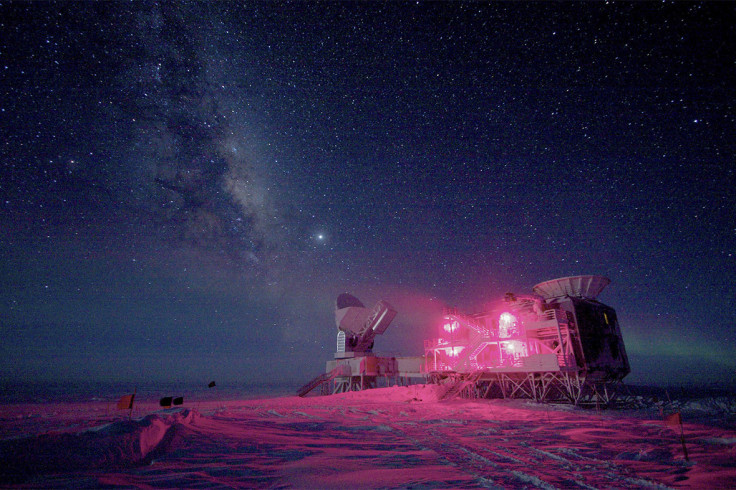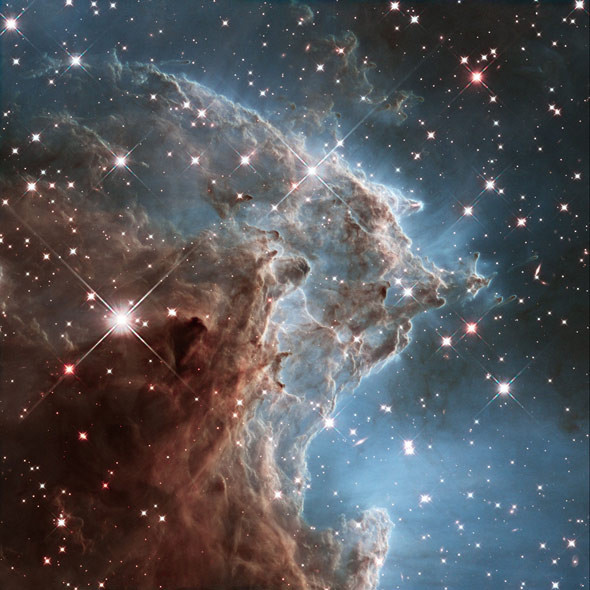Universe is a Bubble in a 'Frothy Sea of Universes', Scientists Claim

The universe is a bubble amongst a "frothy sea" of other bubble universes, scientists have said.
Researchers at the Perimeter Institute for Theoretical Physics in Canada have said that the theory of multiple universes stems from the idea of there being a vacuum in the beginning of time.
Led by Matthew Johnson, the scientists say there was a vacuum simmering with energy like water boiling in a pot. This energy started to evaporate and form bubbles.
Every bubble formed contained a smaller, lower-energy vacuum, causing them to expand and bump into one another. In some cases, they said, secondary bubbles formed: "Maybe the bubbles were rare and far apart; maybe they were packed close as foam," they said in a statement.
"But here's the thing: each of these bubbles was a universe. In this picture, our universe is one bubble in a frothy sea of bubble universes. That's the multiverse hypothesis in a bubbly nutshell."
The theory arises from the idea of cosmic inflation – that the universe expanded very far very fast after the Big Bang. While this is the most widely accepted theory of universe formation, it has not been proved.

Johnson and his team say that as inflation was driven by vacuum energy, the theory of multiple universes can arise. They are now working to test the theory.
"We're trying to find out what the testable predictions of this picture would be, and then going out and looking for them," he said.
"We simulate the whole universe. We start with a multiverse that has two bubbles in it, we collide the bubbles on a computer to figure out what happens, and then we stick a virtual observer in various places and ask what that observer would see from there.
"Simulating the universe is easy. We're simulating things only on the largest scales. All I need is gravity and the stuff that makes these bubbles up. We're now at the point where if you have a favourite model of the multiverse, I can stick it on a computer and tell you what you should see."
The researchers say this is the first time anyone has tried to observe signatures of bubble collisions and that eventually, we might be able to find out if we are living in a bubble universe.
© Copyright IBTimes 2025. All rights reserved.






















